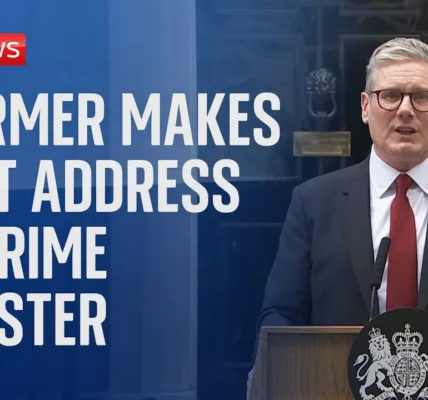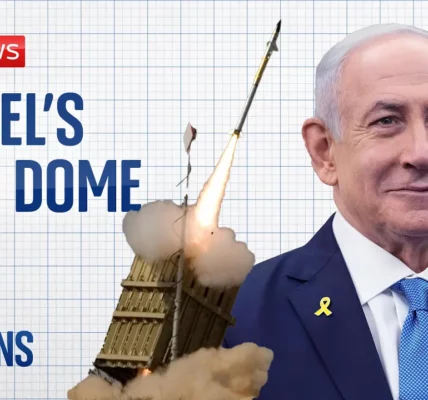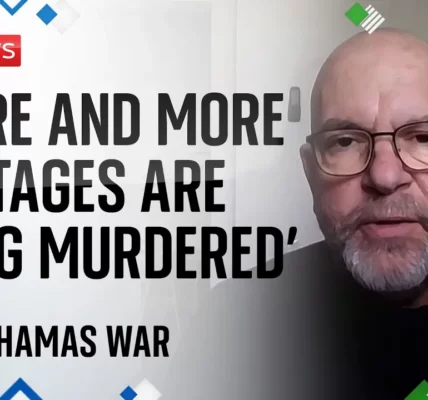Iran’s Supreme Leader Defends Attacks on Israel

This article provides a comprehensive overview of the escalating tensions between Iran and Israel, detailing military actions, political statements, and the broader implications for the Middle East region. We delve into the roles of key players as the situation unfolds.
Introduction
As tensions rise in the Middle East, a series of military actions and political statements have heightened the urgency of the situation. The Iranian supreme leader’s recent sermon at Friday prayers called for unity against Israel, marking a significant escalation in rhetoric. Concurrently, Israel has intensified its military operations in Lebanon, targeting Hezbollah and other groups. This article explores the multifaceted dynamics of this conflict, including the implications for regional stability and international relations.
Iran’s Escalation of Rhetoric
In a rare public address, Iran’s supreme leader urged allies to prepare for action, framing Israel as the primary aggressor. His comments come amid fears of a wider conflict in the region. The following points summarize his key statements:
- Calls for Muslim unity against Israel.
- Warnings to Israel not to retaliate against Iran.
- Reaffirmation of support for Hezbollah and Palestinian groups.
The Impact of Ballistic Missile Strikes
Iran’s recent ballistic missile strikes have drawn sharp responses from Israel, which has pledged to retaliate. The situation represents a significant escalation from prior engagements, with potential ramifications for civilian populations in both nations.
Israel’s Military Response
In response to threats and military actions from Iran, Israel has ramped up its airstrikes, particularly targeting Hezbollah infrastructure in Lebanon. The Israeli Defense Forces (IDF) have made several strategic strikes, evidenced by the following operations:
- Airstrikes on Beirut targeting Hezbollah leaders.
- Operations in the West Bank, resulting in civilian casualties.
- Evacuation orders for Lebanese civilians in border areas.
Casualties and Humanitarian Concerns
Recent military operations have led to significant casualties, including civilians in Lebanon and Israeli soldiers. The ongoing conflict raises humanitarian concerns, particularly with the displacement of thousands of people.
International Reactions
The international community has reacted strongly to the escalating violence. U.S. President Joe Biden emphasized Israel’s right to defend itself but cautioned against actions that could lead to civilian casualties. Key points include:
- Biden’s call for restraint from Israel.
- Concerns about the humanitarian impact of military actions.
- Warnings from British intelligence regarding the risks of attacking Iranian nuclear sites.
Conclusion
The situation between Iran and Israel remains tense, with each side poised for action. The potential for escalation into a broader conflict looms large, raising urgent questions about regional stability and international diplomacy. As developments unfold, it is crucial for the global community to engage in constructive dialogue to de-escalate tensions and prevent further violence. We encourage readers to stay informed about this evolving situation through our ongoing coverage.
“`




